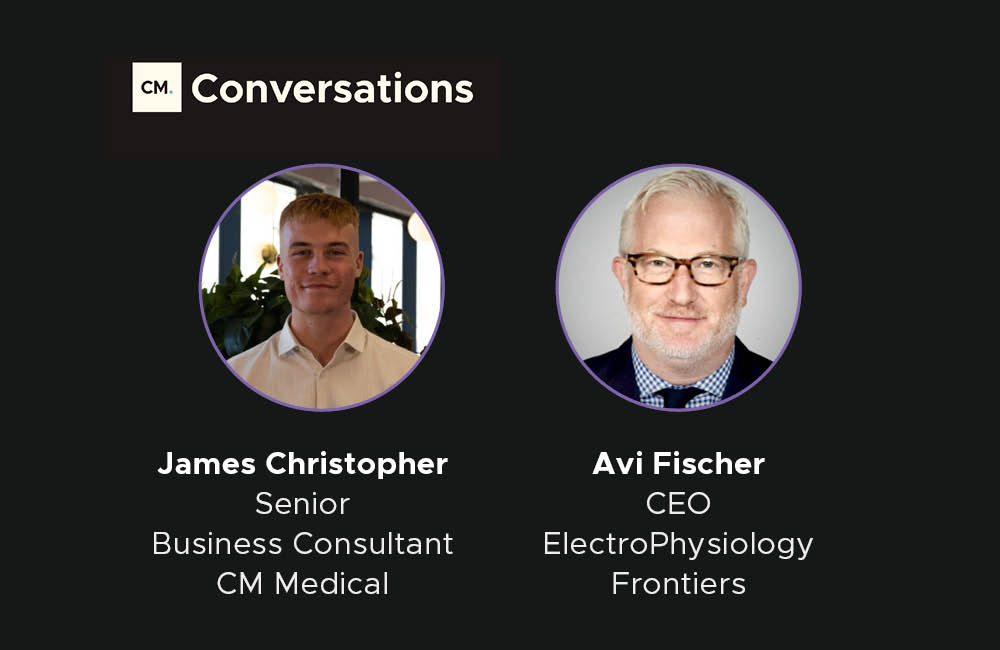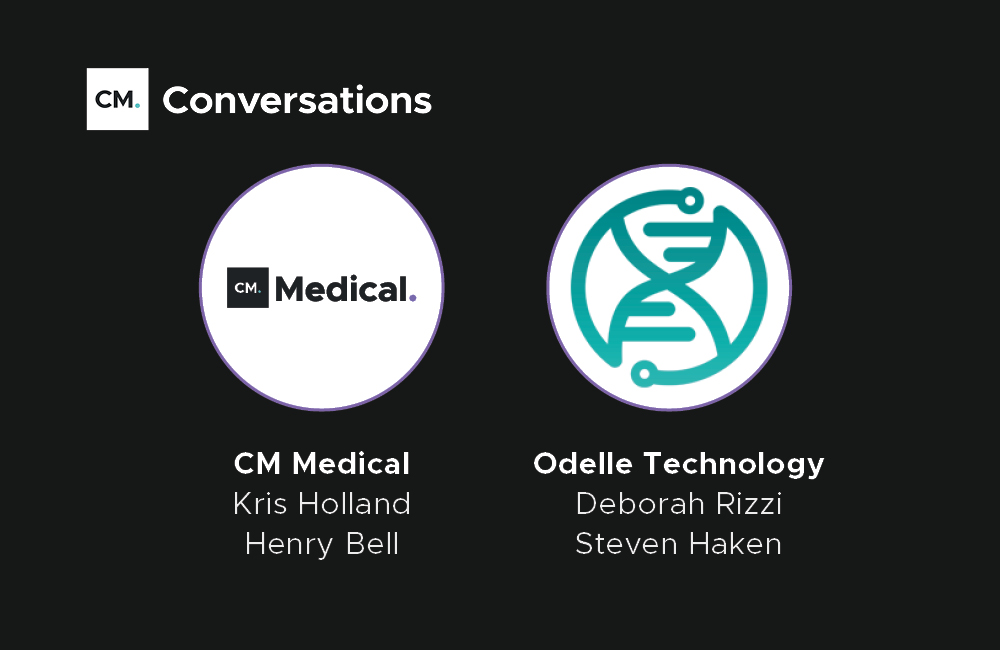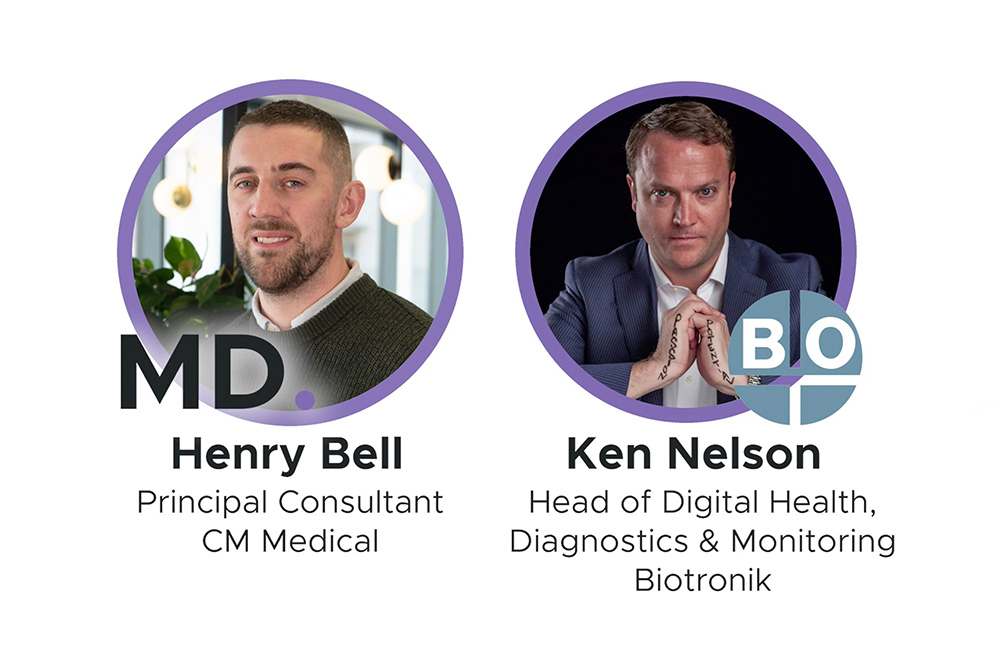.jpg)
.jpg)
5 Companies Battling the Number One Global Cause of Death.
Cardiovascular disease is the number one cause of death globally, accounting for 17.9 million mortalities each year.
Many of these can be prevented by addressing behavioural issues such as tobacco use, an unhealthy diet, physical inactivity and harmful use of alcohol, however, changing these habits are difficult for patients. That’s why so many fall victim to cardiovascular disease.
To battle these ugly death-toll statistics, more companies are emerging with innovative, life-saving treatments across the globe.
Here are five start-ups with the potential to revolutionise treatment, being championed throughout the healthcare community:
Robocath
French start-up, Robocath, focus their solutions on robotics and have over 60 international patents protecting their solution, the R-One.
Designed to assist with PCI, the R-One enhances movements through interventional conditions and integrates with the interventional protocol in minutes - without any additional steps.
It’s comprised of two core elements: the robotic unit and the protected control unit.
The protected control unit includes a mobile radioprotection control station with a mobile radiation protection screen, allowing the physician to remotely control instruments in the vascular system safely and accurately.
The solution’s architecture means that up to two guide/stent-balloon catheter units can be used, with it also compatible with market leading devices like guidewires, stent/balloons, imaging systems and more.
Thanks to these advantages and a direct competitor, in Corindus Vascular Robotics, acquired by Siemens, the opportunity is there for Robocath to grow and take this market by storm.
After raising €5m in a round of funding, receiving their CE mark this February and completing their first two in-human angioplasties; they are now preparing to commercialise in targeted European markets.
CorInnova
Also innovating in this space, CorInnova are aiming to use what they call ‘soft robotics’ to prolong the lives of patients suffering from heart failure.
Housed in the Johnson & Johnson (J&J) Innovation JLABS @ TMC, their new device wraps around the heart and squeezes it to increase blood flow, never coming into contact with the blood itself.
Leaders at CorInnova say that the lack of blood contact will make it dramatically safer for patients, reducing complications like stroke, blood damage and kidney problems that can be associated with other heart devices.
While a heart transplant remains the preferable treatment, the amount of donor hearts available are limited. Other long-term options like chronic LVADs (left ventricular assist devices) are also difficult to access, with 90% of patients not qualifying for this treatment.
CorInnova’s device provides the solution to this accessibility issue, with it a safe treatment for millions of patients who don’t qualify for a heart transplant or chronic LVAD.
Xeltis
Another European start-up aiming to increase safety in treatment, Xeltis, have just received €10.5m in an important round of funding.
This series D financing round, raised by existing institutional and private investors, will help support its vascular and valve trial programmes - with a view towards supporting their ongoing clinical trials.
Xeltis have an alternative approach to treatment, aimed at restoring the cardiovascular function through Endogenous Tissue Restoration.
The new treatment has potential to replace less effective and more dangerous methods, namely Coronary Artery Bypass Graft (CABG) and heart valve replacement.
Having shared positive results for early stage trials at international meetings, Xeltis are set to revolutionise treatment in this space, saving lives with safer treatments.
Cryo Therapeutics
Also thinking a bit outside the box, German start-up, Cryo Therapeutics are aiming to bring – you guessed it - a cryotherapy treatment to market.
Their technology is aimed to prevent high-risk patients, who’ve suffered a heart attack, from having another, with cryotherapy treating the underlying pathophysiology of the inflamed region.
Cryo Therapeutics’ system is comprised of a console that delivers cryogen to the tip of a catheter, which is placed using x-ray guidance to target the site that requires treatment.
The catheter tip is cooled to a temperature between -10C to -20C for treatment of the atherosclerotic disease in the coronary artery. Each catheter is only used once, whereas the console is reusable.
The safety and efficacy of cryo-energy in the cardiovascular system is well documented and Cryo Therapeutics now intend to extend the benefits of cryo-energy to help treat diseased coronary arteries.
With €7m worth of new funding, they’re now investing in research and development, talent acquisition and international growth, while also establishing operations at their new facility in Awans, Belgium.
Carmat
Entering another relatively untouched area of treatment, Carmat’s device is the first auto-regulating, bioprosthetic artificial heart.
Syncardia are Carmat’s only other competitor in this market, making it a segment that is ripe for disruption and full of opportunity.
They are aiming to submit their CE mark application in 2020 and are currently running a pivotal study across Denmark, France, Kazakhstan and the Czech Republic with two cohorts each of 10 patients. So far, the results have been positive with 70% of the first cohort surviving beyond six months.
From this evidence, it should be a relatively straightforward process for Carmat to achieve the CE mark next year. However, there’s a lot riding on the results from the 2nd cohort - from which no details have been shared yet.
Despite this, there is one certainty. It will be an extremely busy next 12 months for Carmat as they bring this exciting technology closer to the market.
Although the statistics around cardiovascular diseases still make bleak reading, you can see that we’re heading in the right direction. Innovative start-ups like Carmat, Cryo Therapeutics, Xeltis, CorInnova and Robocath are making treatment safer, more accurate and more accessible. Supported with the right financing, these sort of start-ups will help make recovery look a more realistic goal for patients who are tackling their habits and making life-changing choices.
Recommended.

The Future of Catheter Ablations with EP Frontiers CEO, Avi Fischer.
In this episode I talk to ex-physician gone start-up CEO, Avi Fischer, about the future of Catheter Ablations and how EP Frontiers is disrupting the industry. Click to listen.
.jpg)
Can PFA Revolutionise Cardiac Ablations?
With the limited data we have so far, PFA has proven to be safer than other ablation energies and to provide quicker recovery times. But is it ready to revolutionise cardiac ablations? To find out, I spoke to five leaders from start-ups in the space.

How to Take Your Medical Device to Market.
In this episode, I'm joined by Steven Haken and Deborah Rizzi from market access and reimbursement specialists Odelle Technology to discuss how to take a medical device to market.

How Much Value is in Your Data?
I caught up with the Head of Digital Health, Diagnostics & Monitoring at Biotronik, Ken Nelson, to talk about the increasing value of data within the space.
Comments.